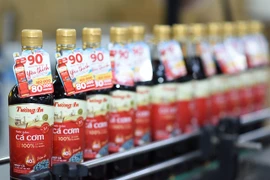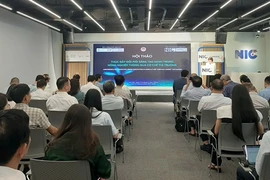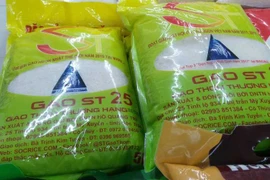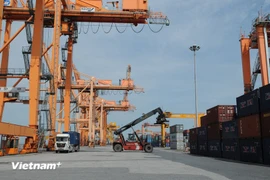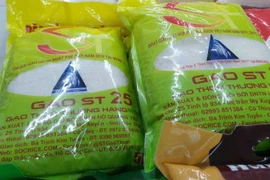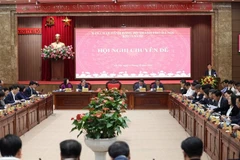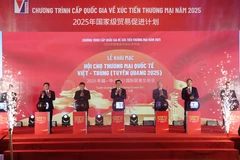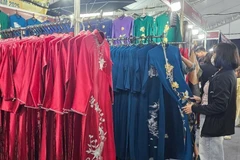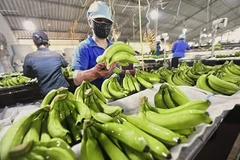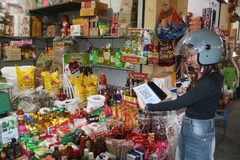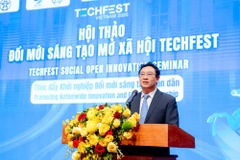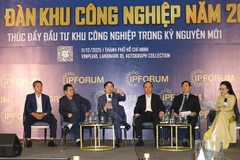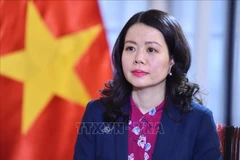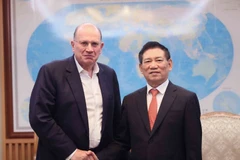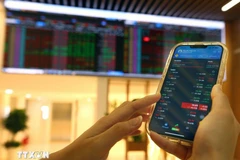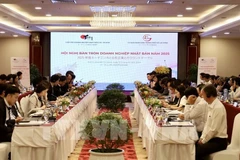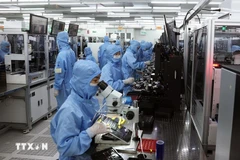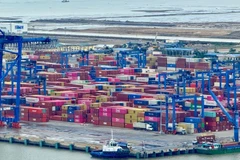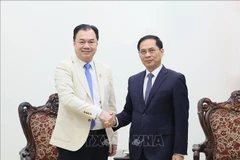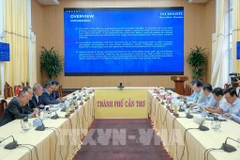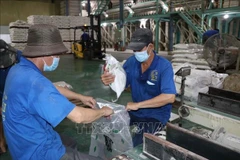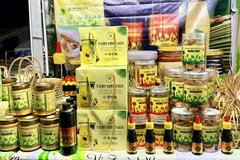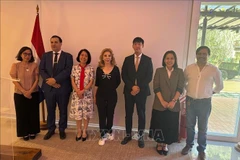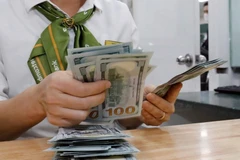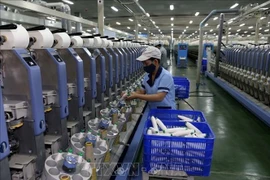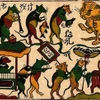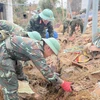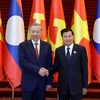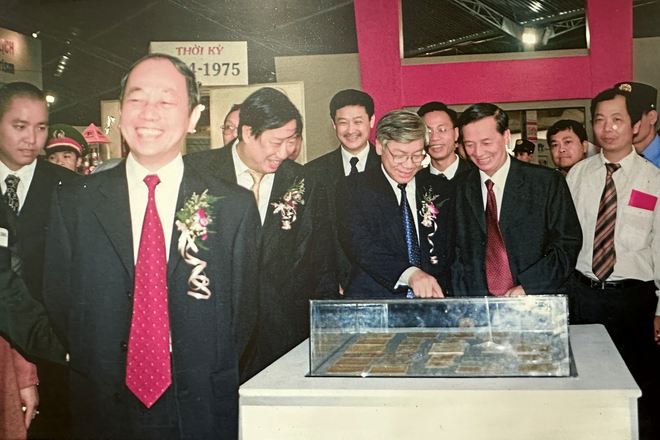
Hanoi (VNA) - During the centrally-planned economy, goods were scarce, and distribution relied on coupons. However, as Vietnam began to open its economy, modern retail models started to emerge, mostly initiated by private businesses in the southern region. Introducing modern retail to the state-owned sector marked a significant shift in the thinking of trade industry leaders.
Vu Vinh Phu, former Deputy Director of Hanoi’s Department of Trade (1999-2005) and later chairman of the Hanoi Supermarket Association, was a pioneer in bringing modern retail practices to the capital’s state-owned trade sector during the early years of economic integration.
This forward-thinking approach enabled Hanoi’s trade system to undergo a significant transformation, contributing to economic growth and ushering in a modern, civilised retail sector.
By the second quarter of 1989, Hanoi had fully abolished the coupon-based system after decades of subsidies. This transition paved the way for a diverse and vibrant market driven by supply and demand.
Even decades after retiring, Vu Vinh Phu vividly recalled the early days of introducing supermarkets—a model that was still novel for the state-owned sector in the capital at the time.
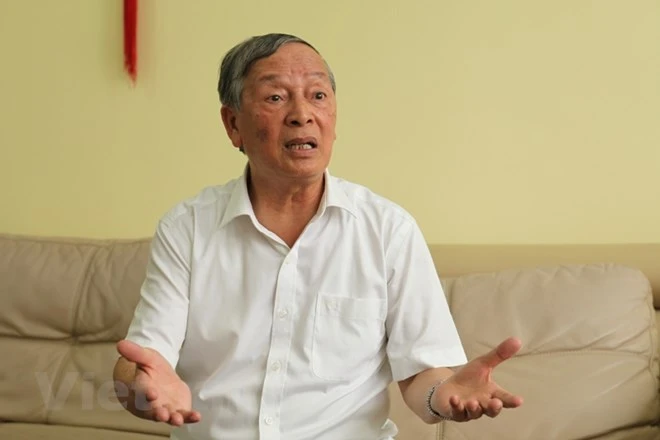
In 1995, as Secretary of the Party Committee and Deputy Director of the Hanoi Trade Company, he faced the challenge of bridging old and new approaches. After studying retail models in the Republic of Korea, Malaysia, and Thailand, where customers could shop conveniently with baskets and quick checkout, he was inspired to open Hanoi’s first state-owned trade centre featuring a self-service model.
Once approved by the board of directors, the trade centre at 7 Dinh Tien Hoang street, Hoan Kiem district, opened in just 3.5 months in November 1995. Offering nearly 1,200 diverse products, including household items, fresh produce, and food, the trade centre prioritised customer service and set new standards in retail.
Following its success, the Hanoi Trade Company expanded rapidly, opening outlets in Giang Vo and Thanh Xuan and guiding Intimex to launch new supermarkets.
At the 7 Dinh Tien Hoang store, many items were priced lower than the market due to bulk buying and selling strategies.
Phu’s policy was to cut out intermediaries to reduce costs rather than pressuring suppliers. Customers enjoyed the advantages of quality-assured goods in a comfortable, air-conditioned shopping environment with clear receipts and a transparent complaints process—far superior to traditional retail methods.
Reflecting on the success, Phu emphasised that leadership was crucial. Effective leaders needed expertise, skills, and hands-on involvement.
In 1999, Phu became deputy director of Hanoi’s Department of Trade, overseeing local commerce, including markets and supermarkets. By then, Hanoi’s trade sector boasted approximately 20 supermarkets and hundreds of traditional markets.
As Vietnam’s economy developed and integrated more deeply with the global market, Hanoi’s trade sector welcomed significant investment from leading international retail groups. Major hypermarkets such as Big C and Metro (Thailand), Lotte (the Republic of Korea), and AEON (Japan) expanded their operations in Vietnam.
This transformation allowed Hanoi consumers to experience shopping for a diverse range of global products.
However, Phu expressed concern over the limited growth and smaller scale of Vietnamese hypermarkets compared to foreign-invested enterprises.
Traditional markets, which account for 80% of fresh produce sales, are also in decline in many areas. Phu urged greater attention from authorities to revitalise these markets and drive substantial progress in the trade sector, contributing to Hanoi’s socio-economic development./.
